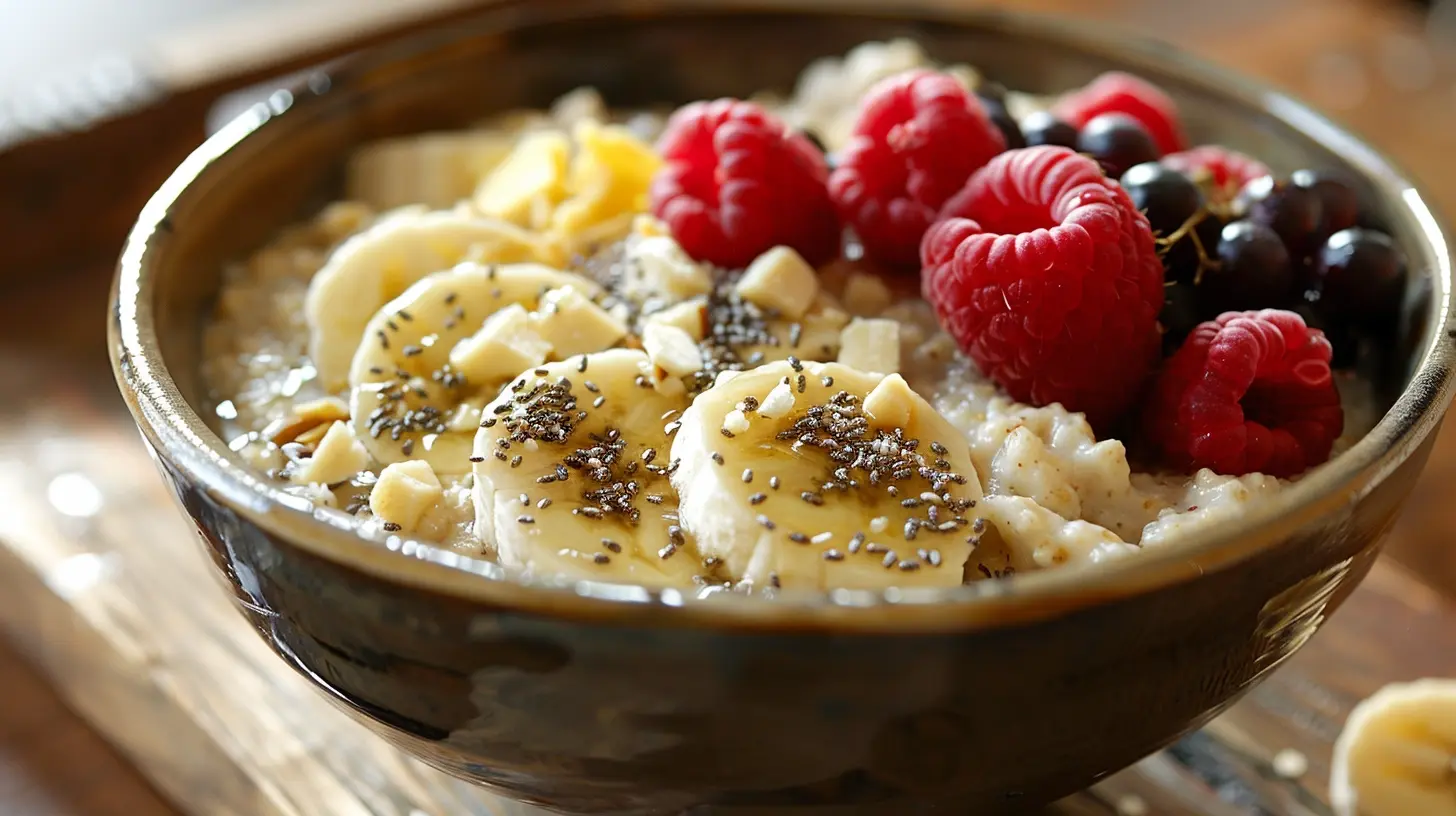
The last place you’d expect a pesticide at the breakfast table would be in a good wholesome bowl of Quaker Oats. However, a new class action lawsuit against the food company contends that Quaker's oat-based products contain high levels of chlormequat chloride – a pesticide used to control plant size by inhibiting growth hormones.
The kicker is that this chemical is not allowed for use on crops grown in the U.S., but it can be found in grains imported from other countries.
The lawsuit claims that some Quaker products have up to 300 parts per billion of chlormequat which it claims exceeds the amount considered safe by the Environmental Working Group (EWG).
The suit cites research saying that the Quaker products testing positive for chlormequat are:
Simply Granola Oats Honey & Almonds
Old Fashioned Oats (the product with the highest amount of chlormequat)
Oatmeal Squares Honey Nut
Oatmeal Squares Brown Sugar
Instant Oatmeal Maple & Brown Sugar
Chewy Dark Chocolate Chunk.
Cheerios gets slapped with a lawsuit, too
Quaker Oats isn’t alone. General Mills was also named in a similar class action complaint, alleging that several Cheerios varieties contain high levels of chlormequat chloride, too.
The Cheerios suit claims that an independent lab tested the product and found that Cheerios, Honey Nut Cheerios, Frosted Cheerios and Oat Crunch Oats N’ Honey Cheerios all contained dangerous levels of chlormequat chloride.
"All flavors of the products are sold for similar prices, are packaged in similar packaging, are manufactured using the same base formulation and contain unhealthy and unsafe levels of chlormequat,” the complaint argues.
A growing trend or a mountain out of a molehill?
The Environmental Working Group (EWG) also reported that “food samples purchased in the U.S. from 2022 and 2023 show detectable levels of chlormequat in all but two of 25 conventional oat-based products.”
However, there are those who question if these lawsuits raise legitimate concerns or if they’re merely the result of a fear campaign.
“In reality, this is all a giant nothing burger," contends Dr. Steven Novella, of ScienceBasedMedicine and an academic clinical neurologist at the Yale University School of Medicine.
"The EWG study actually demonstrated that even with allowing into the U.S., EU grains grown with the use of chlormequat, exposure levels are still several orders of magnitude below safety levels. This nicely demonstrates there is nothing to worry about, but they have successfully spun the story into the exact opposite.”
Do you stop eating Quaker Oats and Cheerios?
Given the claims, do you throw away all Quaker Oats or Cheerios in your cabinets and take a vow of chlormequat celibacy? Do you stop eating anything that contains trace amounts of pesticides? If you do, you might starve.
Many fruits and vegetables, as well as some animal products, can contain trace amounts of pesticides for one reason and one reason only: because pesticides are used to protect crops from pests, diseases, and weeds. Yep, that means strawberries, green beans, apples, grapes, spinach, kale, bell peppers, cherries, apples, on and on.
Or do you wait for more evidence and broader discussions surrounding food safety regulations and consumer awareness? Or trust that the Environmental Protection Agency’s (EPA) safety standards for pesticide use have things well in hand and if there is an issue with agriculturists importing the pesticide, the agency will clean that up?
Until then, the easiest, smartest thing you can do to reduce your exposure to pesticides is this:
Buy organic produce whenever possible.
Wash all fruits and vegetables thoroughly before eating them.
Peel fruits and vegetables whenever possible.
Cook fruits and vegetables thoroughly.
Consider buying from local farmers who use sustainable farming practices.
However, If you’re looking to avoid glyphosate specifically, you can opt for organic produce and products that are labeled as glyphosate-free.
Photo Credit: Consumer Affairs News Department Images
Posted: 2024-03-04 12:03:09



















